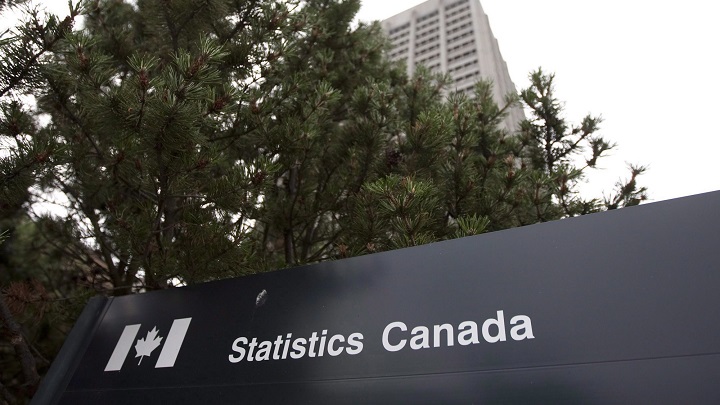Saskatchewan’s unemployment rate continues to tick upward as the COVID-19 pandemic suffocates the economy.

Saskatchewan lost a whopping 52,900 jobs between March and April, according to Statistics Canada’s seasonally adjusted Labour Force Survey data released Friday.
The data shows the province’s unemployment rate increased by four percentage points and now sits at 11.3 per cent. Meanwhile, the employment rate dropped 5.3 percentage points and is now 56.7 per cent.
“We’re looking at drops in employment that have no parallel in modern history,” said Jason Childs, an economics professor at the University of Regina. “This has not been done before in this type of economy ever.”
The service, hospitality and construction industries have been hit hardest, he said.
From March to April, 20,200 men older than 25 lost their jobs, the survey said. Jobs losses for women over 25 came in at 19,800.
“Getting back to some semblance of an economy that’s working toward or near its capacity is going to be a real, real challenge,” Childs said.
In Canada, nearly two million jobs were lost in April alone.
While Saskatchewan is struggling, it isn’t faring as poorly as other provinces. Quebec, for example, has the highest unemployment rate in the country at 17 per cent.
Compared to other regions, Childs said Saskatchewan isn’t as service-dependent and wasn’t as restrictive in its shutdown.
Still, he said it could take decades to recover.
“This is a big hole to climb out of and nobody’s ever really climbed out of a hole this big before in a modern economy,” Childs said.
There certainly isn’t a how-to guide for climbing out of that hole.
Childs said continued income support, international trade, low interest rates and a non-restricted private sector could quicken recovery.
-With files from Jonathan Guignard

Questions about COVID-19? Here are some things you need to know:
Health officials caution against all international travel. Returning travellers are legally obligated to self-isolate for 14 days, beginning March 26, in case they develop symptoms and to prevent spreading the virus to others. Some provinces and territories have also implemented additional recommendations or enforcement measures to ensure those returning to the area self-isolate.
Symptoms can include fever, cough and difficulty breathing — very similar to a cold or flu. Some people can develop a more severe illness. People most at risk of this include older adults and people with severe chronic medical conditions like heart, lung or kidney disease. If you develop symptoms, contact public health authorities.
To prevent the virus from spreading, experts recommend frequent handwashing and coughing into your sleeve. They also recommend minimizing contact with others, staying home as much as possible and maintaining a distance of two metres from other people if you go out.
For full COVID-19 coverage from Global News, click here.





Comments